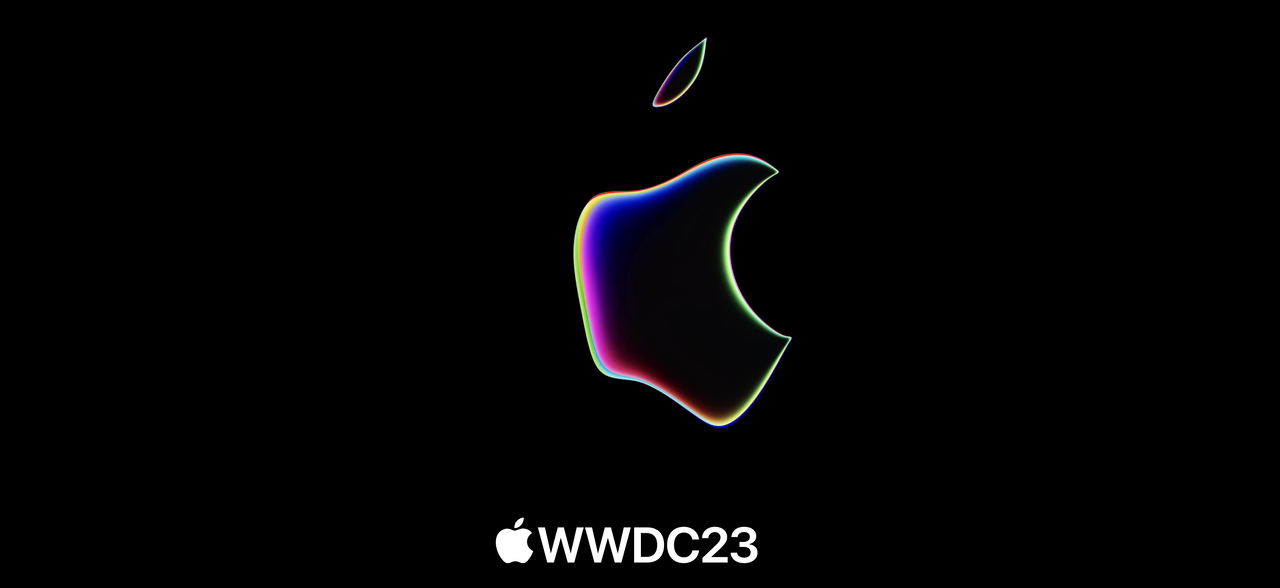
As the day of Apple's annual Worldwide Developers Conference (WWDC) keynote draws near, rumours about the tech giant announcing its new Augmented Reality/Virtual Reality (AR/VR) headset are swirling around. Five years ago, AR/VR was heralded as the next big thing in technology. However, it proved to be an overhyped concept with little real-world application beyond specific domains such as gaming and industrial design.
Despite the waning interest, it seems Apple has heavily invested in the development of an AR/VR headset. Considering the high development costs and the expected retail price rumoured to be way out of reach for the average consumer, it is debatable if this product could ever generate the return on investment Apple might be hoping for.
In the meantime, there's an industry shift happening that Apple seems to be missing: the surge in generative AI technology. Powered by models like ChatGPT, generative AI has shown immense potential and versatility, influencing numerous sectors from customer service to content creation. In my experience as a programmer, this shift is already having significant impacts. It’s leading the way in automating tasks, simplifying processes, and ushering in a new era of human-computer interaction.
Yet, Apple seems to be falling behind in embracing this revolution. The company currently lacks a substantial offering for developers and businesses that are keen to exploit the potentials of AI. Moreover, Apple's absence of a strategic partnership with industry leaders like Nvidia, renowned for its AI tech, further widens this gap.
Even within its product line, Apple's GPU capabilities seem to fall short when compared to competitors' offerings. Despite their impressive performance in specific niches, Apple's GPUs are yet to pose a serious threat to established players in the high-performance computing arena, particularly in AI applications.
Furthermore, when it comes to AI integration, Apple is lagging. Siri, despite being one of the earliest digital voice assistants, is now being surpassed by larger, more capable language models. The lack of any noteworthy announcement regarding the integration of such models is a testament to Apple's apparent disregard of the rapidly advancing AI sector.
So, as the tech world holds its breath for Apple's WWDC, one can't help but wonder if the company's continued focus on flashy hardware over evolving software paradigms could lead to its downfall. If Apple does not make significant strides in the world of AI, or at least signal intent, we might see the company missing a significant opportunity.
Given these concerns, if Apple's keynote revolves solely around the introduction of an overpriced AR/VR headset, the question then arises: is Apple's current stock valuation justifiable? Could Apple, once the beacon of innovation, be on the verge of a period of decline?
Only time will tell. As an observer of the tech industry and a programmer, I’ll be watching carefully, hoping for an exciting surprise but bracing for disappointment. The era of AI is upon us, and it's high time that Apple acknowledges it and stakes its claim.